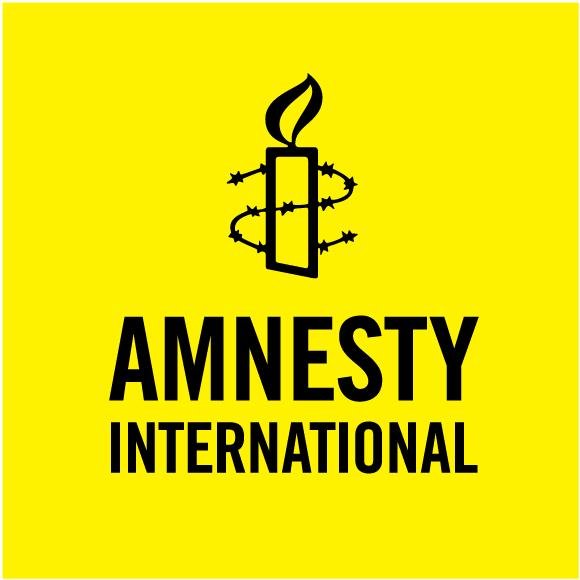Amnesty International is a global movement of more than 7 million people who take injustice personally. We are campaigning for a world where human rights are enjoyed by all.
We are funded by members and people like you. We are independent of any political ideology, economic interest or religion. No government is beyond scrutiny. No situation is beyond hope.
Few would have predicted when we started that torturers would become international outlaws. That most countries would abolish the death penalty. And seemingly untouchable dictators would be made to answer for their crimes.
What does Amnesty do?
We investigate and expose the facts, whenever and wherever abuses happen.
We lobby governments, and other powerful groups such as companies. Making sure they keep their promises and respect international law.
By telling the powerful stories of the people we work with, we mobilize millions of supporters around the world to campaign for change and to stand in defence of activists on the frontline.
We support people to claim their rights through education and training. .
We are introducing a new, global way of working – with a distributed centre and Regional Hubs of research, campaigns and communications – because we owe it to the people we work for to be the most effective force for freedom and justice that we can, globally.
As we develop this process – in line with the long-held desire of our international membership – we will post regular blogs, articles, stories and personal accounts to explain what is happening, and why it is important to those on the human rights front line.
Members:
Resources
Displaying 26 - 30 of 32Rights Razed: Forced evictions in Cambodia
ABSTRACTED FROM THE INTRODUCTION: This report shows how, contrary to Cambodia’s obligations under international human rights law, those affected by evictions have had no opportunity for genuine participation and consultation beforehand. Information on planned evictions and on resettlement packages has often been incomplete and inaccurate, undermining the right to information of those affected.
Nowhere to go Forced evictions in Mau Forest, Kenya
Between 2004 and 2006, a massive programme of evictions has been carried out in forest areas of Kenya. Houses, schools and health centres have been destroyed, and many have been rendered homeless. Estimates indicate that in six forests alone, more than a hundred thousand persons were forcibly evicted between July 2004 and June 2006. Evictions in a number of forest areas are reportedly continuing and humanitarian groups are expressing growing concerns about the ongoing increase in internally displaced persons from forest areas in Kenya.
Israel and the Occupied Territories: conflict, occupation and patriarchy, women carry the burden
This report deals with the impact of violence against women in the Occupied Territories in the context of conflict, including violence committed by the Israeli state or its agents; the collapse of the rule of law within the Occupied Territories leading to a lack of implementation of existing laws; and the worsening effects of existing discrimination in both law and practice. This report highlights the gender related impact of violations committed by the Israeli forces in the context of conflict.
Contracting out of human rights: the Chad–Cameroon pipeline project
Will an oil pipeline investment agreement between the governments of Chad and Cameroon and a consortium led by ExxonMobil, including Chevron and Petronas pose a serious threat to human rights in Chad and Cameroon?
Myanmar: Lack of Security in Counter-Insurgency Areas
...In February and March 2002 Amnesty International interviewed some 100 migrants from
Myanmar at seven different locations in Thailand. They were from a variety of ethnic groups,
including the Shan; Lahu; Palaung; Akha; Mon; Po and Sgaw Karen; Rakhine; and Tavoyan
ethnic minorities, and the majority Bamar (Burman) group. They originally came from the Mon,
Kayin, Shan, and Rakhine States, and Bago, Yangon and Tanintharyi Divisions.(1) What follows
below is a summary of human rights violations in some parts of eastern Myanmar during the last





